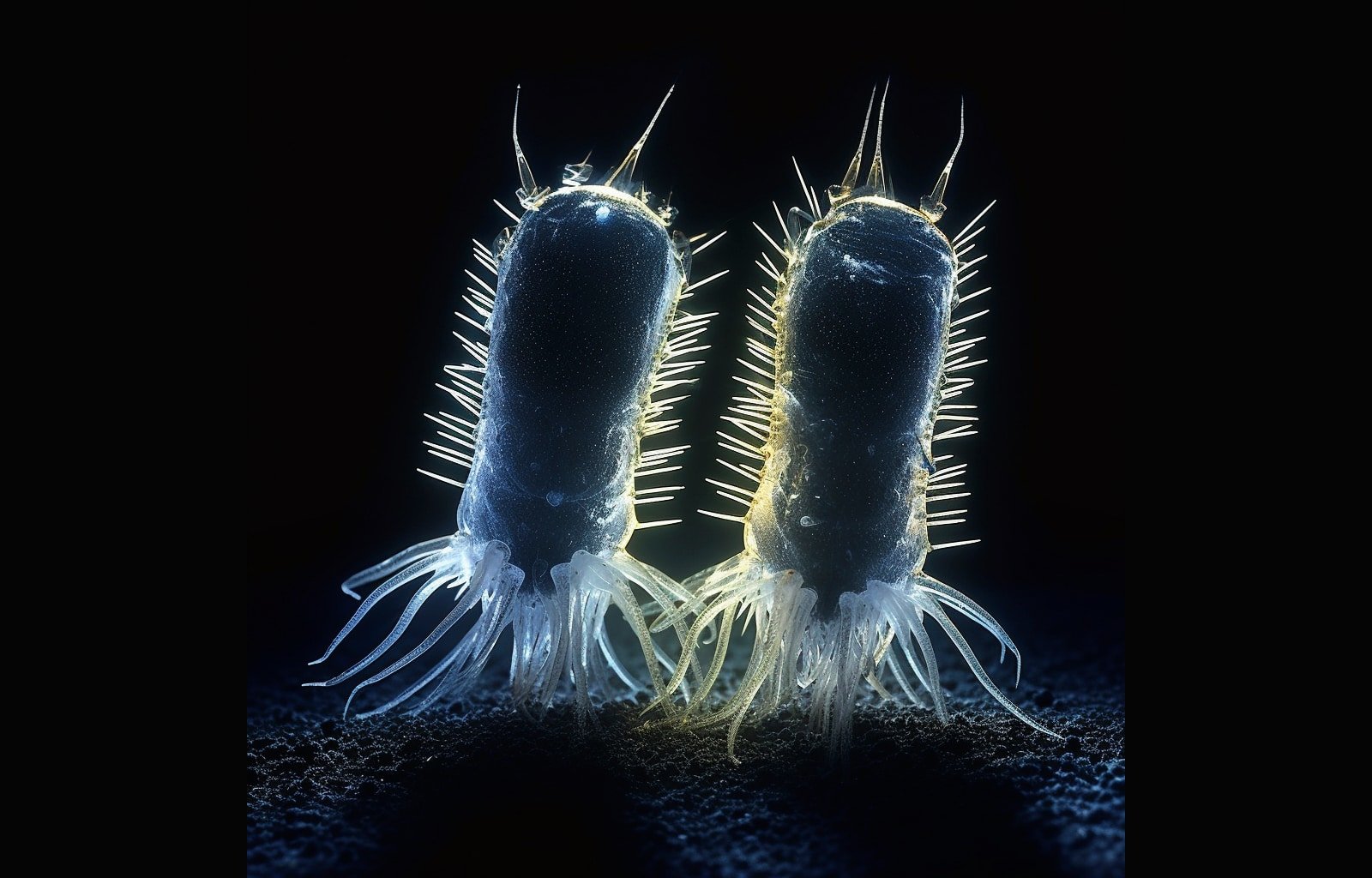(CN) — Scientists say they have discovered a new, ancient microscopic organism that once lived underwater at least 1.6 billion years ago.
In a paper published today in the journal "Nature," a team of researchers based at the Australian National University call the newly discovered organism "Protosterol Biota." Like humans, plants and animals, Protosterol Biota were eukaryotic — that is, they were made up of cells with nuclei.
According to a press release about the paper, Protosterol Biota lived at least one billion years before any animal or plant emerged, dominating the earth's waterways. They may have also been the first predators on earth, hunting and devouring bacteria.
Up until now, scientists have traced the ancestral lineage of humans and all other nucleated creatures back to the Last Eukaryotic Common Ancestor (or LECA), which lived more than 1.2 billion years ago. Now, Protosterol Biota has emerged as its likely predecessor.
"Molecular remains of the Protosterol Biota detected in 1.6-billion-year-old rocks appear to be the oldest remnants of our own lineage — they lived even before LECA," said one of the paper's co-authors, Benjamin Nettersheim, now based at the University of Bremen in Germany, in a written statement. "These ancient creatures were abundant in marine ecosystems across the world and probably shaped ecosystems for much of Earth’s history.”

The discovery began with fat molecules that were found inside a 1.6 billion-year-old rock in Northern Australia that formed in the bottom of the ocean. Those fat molecules, according to the press release, "possessed a primordial chemical structure that hinted at the existence of early complex creatures that evolved before LECA and had since gone extinct."
“Scientists had overlooked these molecules for four decades because they do not conform to typical molecular search images," said another co-author of the paper, Professor Jochen Brocks of Australian National University, in a written statement. “But once we knew what we were looking for, we discovered that dozens of other rocks, taken from billion-year-old waterways across the world, were also oozing with similar fossil molecules.”
We don't know what the Protosterol Biota looked like. The Australian National University researchers believe that they thrived from about 1.6 billion years ago until about 800 million years ago — the time of the "Ionian Transformation," a profound ecological turning point that ushered in the era of modern eukaryotes and more advanced nucleated organisms, fueled by the proliferation of red algae.
"Just as the dinosaurs had to go extinct so that our mammal ancestors could become large and abundant, perhaps the Protosterol Biota had to disappear a billion years earlier to make space for modern eukaryotes," said Brocks.
"One of the greatest puzzles of early evolution scientists have been trying to answer is: why didn’t our highly capable eukaryotic ancestors come to dominate the world’s ancient waterways? Where were they hiding?" said Nettersheim. "Our study flips this theory on its head. We show that the Protosterol Biota were hiding in plain sight and were in fact abundant in the world’s ancient oceans and lakes all along. Scientists just didn’t know how to look for them — until now."
Subscribe to Closing Arguments
Sign up for new weekly newsletter Closing Arguments to get the latest about ongoing trials, major litigation and hot cases and rulings in courthouses around the U.S. and the world.









